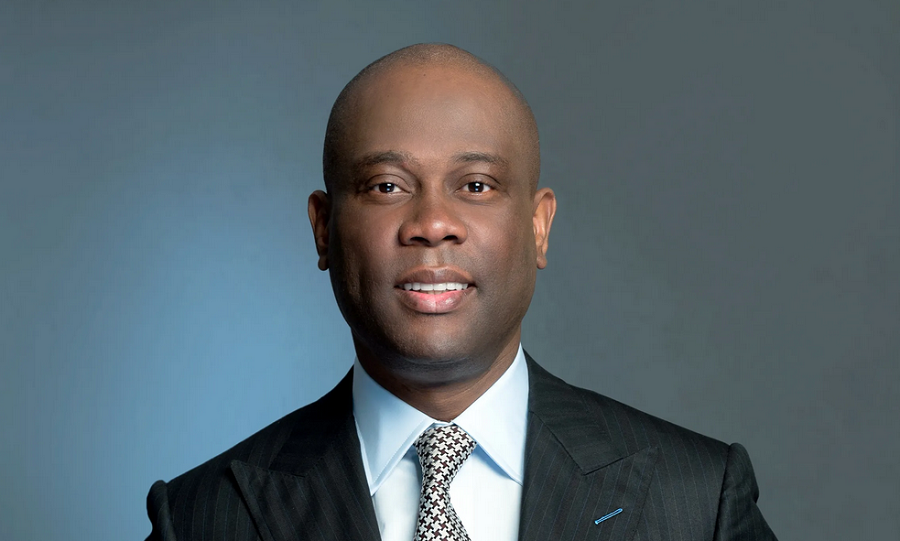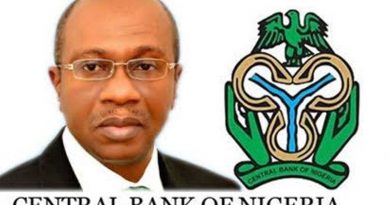Naira Abysmal Appreciation — Economic Confidential
Naira Abysmal Appreciation
By Adefolarin A. Olamilekan
These are not the good times for the Nigerian Naira currency. The Nigerian economy, its Central Bank, the custodian of its monetary policy, which many of her citizens expects to engineer sound monetary policy that would have safeguard the none further devaluation of the naira is at this point helpless and worried.
However, the blame should not be place at the door step of the CBN or the current managers has the problems with the naira goes beyond them and particular beyond the Nigerian state and Africa as well.
It is important to approach this discussion from both a process and content perspectives, it is only by so doing that one can begun to unravel the intricacies of the entire range of issues involved and their interconnectedness.
But first a general observation is required from an historical perspectives on Africa economy and it currency problems.
The internationalization of Africa economy spell from the history of the “colonial economy that essentially serves as the stimulation of extensive primary produce given by deliberate capital allocation and enabling infrastructure like railways and other rural road network, linking to sea port for onward transfer to the metropolitan markets of the colonial masters.
This pattern of economic activities did not create the secondary sectors of industrial process”.
Thus, we can fathom from a logical conclusion that, the systemic and systematic plight of colonial Africa economy abused by its colonial master nurture in conjuncture with representatives of international monopoly capital is the root cause of the region currency woes.
No doubt, the majority of Africa’s estimated 800milion people and still counting are disillusioned and desperate. The region is not just on the bottom rung of human development indicators. African has become a metaphor for disease, poverty, unemployment, corruption, bad governance, political instability and faces the greatest human displace. Moreso, it economy is worse for it with of de-industrialization, technology and skills deficit and poor productive capacity.
Consequently, Africa does not have a say to how much it could sell what it produce especially, raw materials that it feed the entire world from agricultural produce, to solid minerals. Africa is handicap in this regards, with no value from investment impact, but place on aids as palliatives.
From the above premise, let now take our analyses back home to Nigeria.
Just like other African countries that were colonized, Nigeria experience colonialism in the form that it economy was just an appendage to her colonial master the British and other developed Western and North American nations.
To this end we must clarify at this point that to grasp the challenges before us, and the further abysmal devaluation of the naira and the helplessness of the CBN is to acknowledge that ;first the Nigerian state was once a colonial and then a neo-colonial and non autonomous capitalist state after independence. And it is controlled by a fraction of non productive coalition of elites. Secondly, the Nigerian economy is capitalist, neo-capitalist, underdevelopment and dependent in nature, function and processes. Lastly, the Nigerian economy is mono-cultural and suffers from bad economic policies and practices that have no bearing set of pragmatic economic policies; rather it is set in motion of parasitic, import driven and sabotage economics principles.
With all these, the Nigerian economy just like other colonized African nations accommodated the influences and activities of global capital and it agencies such as the International Monetary Fund (IMF), World Bank, World Trade Organization (WTO), Multinational Corporation, giants Transnational Corporation. There entrenchment into all sectors of the Nigerian economy as well as the budget management processes fiscal and monetary policies.
Subsequently, the facts of the matter is that all mainstream political parties in Nigeria today even some radical sounding formation endorse the neoliberal capitalist economic philosophy, making it more acceptable and difficult to challenge the pervert situation for alternatives. Moreso, it enjoyed support of pro-devaluation pundit alongside erudite neoliberal economist and eminent financial market guru.
All the foregoing can be further appreciated within the trending Nigerian political economy contending forces. A situation, were we are lock-horn in between the larger determining context of the global capitalist economy. However, Nigeria economy and Africa as a whole are part and parcel of the region of the world that had been colonise by imperialist and formally incorporated into and remained an integral component of the neo-imperialist capitalist world.
Given from the analysis above, it obvious that the Nigeria state is predominantly, entrenched in neo-liberal economic framework practices since independence and till date, that is hinges on the gradual marginal approach to economic development. An economic framework, that, rely on traditional economy tools of fiscal and monetary policies, with too much emphasize on growth. This invariably has put doubt on solving the economy woes or even put a stop to the abysmal and further devaluation of naira. Thus, a reliance on market forces is dangerous pills to our macroeconomic and microeconomics fundamentals, as an import dependent economy. A lucidity departure shows Nigeria has suffers enough do to deindustrialization and import dependency. In addition is the compelling silent of many economists in Nigeria and Africa at large, shying away from critical theory and heterodox thought, but rather concentrating instead on pure technical matters to make the status quo more efficient in narrow technical sense, that orthodx classical neoliberal economics of IMF, World Bank, WTO and the rest of capitalist institution approved.
Adefolarin A.Olamilekan
Political Economist & Development Researcher
Email:[email protected]






